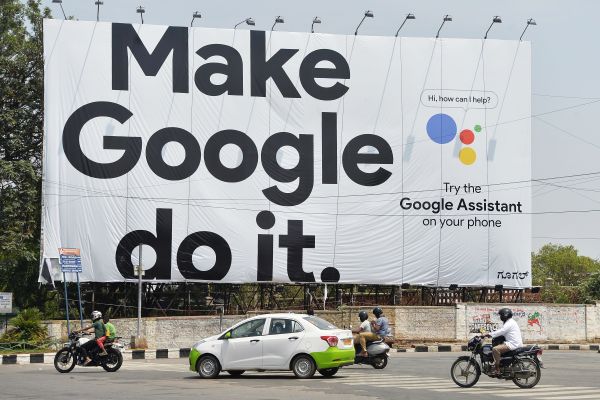
Google has warned it will begin removing apps in India from its Play store if developers do not comply with its billing policies, taking a definitive step on a three-year matter in what is the company’s largest market by users. The Android-maker said that 10 companies in the country, including “many well-established” names it did not disclose, had avoided paying fees despite benefiting from the platform.
Google said these small group of developers had more than three years to prepare and comply with Play Store’s payments policy. These firms continue to comply with payment policies of other app stores, Google said. Bharat Matrimony and Shaadi.com are two firms whose apps have violated the Play Store’s policies, according to a person familiar with the matter. Google will start removing some of the apps starting Friday, another person familiar with the matter said.
More than a dozen firms in India have challenged Google’s Play Store billing policy. Companies that had filed petitions to the Madras High Court earlier this year included Bharat Matrimony, Shadi.com, Unacademy, Kuku FM, Alt Digital Media and Info Edge. Disney’s Hotstar as well as Tinder have also challenged Google’s policy.
“After giving these developers more than three years to prepare, including three weeks after the Supreme Court’s order, we are taking necessary steps to ensure our policies are applied consistently across the ecosystem, as we do for any form of policy violation globally,” the company wrote in a blog post. “Enforcement of our policy, when necessary, can include removal of non-compliant apps from Google Play.”
Google’s remark follows the Madras High Court rejecting petitions from several Indian tech companies against Google’s new user choice billing system in January.
“We’ve always respected local laws. For years, no court or regulator has denied Google Play’s right to charge for the value and services we provide,” Google wrote in the blog post. “On 9 February, the Supreme Court also refused to interfere with our right to do so. While some of the developers that were refused interim protection have started fairly participating in our business model and ecosystem, others choose to find ways to not do so.”
Google wrote in the blog post that the small group of developers that is not paying the fee while using the Play Store is creating “an uneven playing field across the ecosystem” and putting other apps and games at a “competitive disadvantage.”
The small group of developers can resubmit their apps by complying with the rules or maintain continuity on the Android ecosystem by partnering with alternative app stores, Google wrote.
To submit their apps on the Play Store, developers need to elect one of Google Play’s three billion options — consumption-only basis without paying a service fee, integrating Google Play’s billing system (in which the developer agrees to pay Google the long-standing fee), or offer an alternative billing system (in which the developer’s fee is reduced.)
This is a developing story. More to come.









![[REBROADCAST] Black Maternal Mental Health and Postpartum Depression](https://lbnntv.com/wp-content/uploads/2024/01/REBROADCAST-Black-Maternal-Mental-Health-and-Postpartum-Depression-120x86.jpg)
